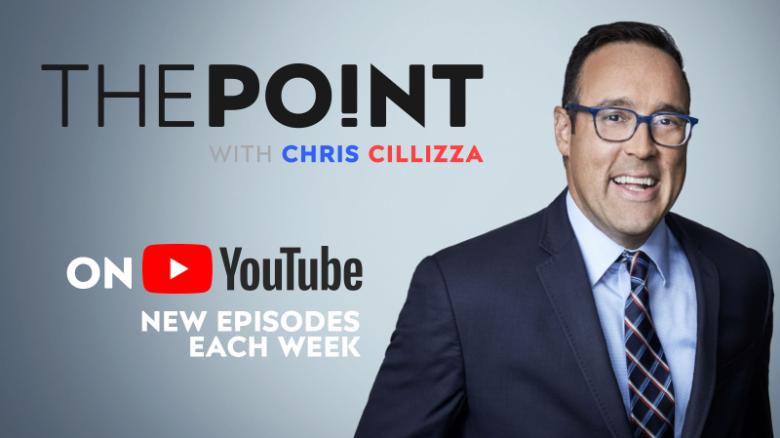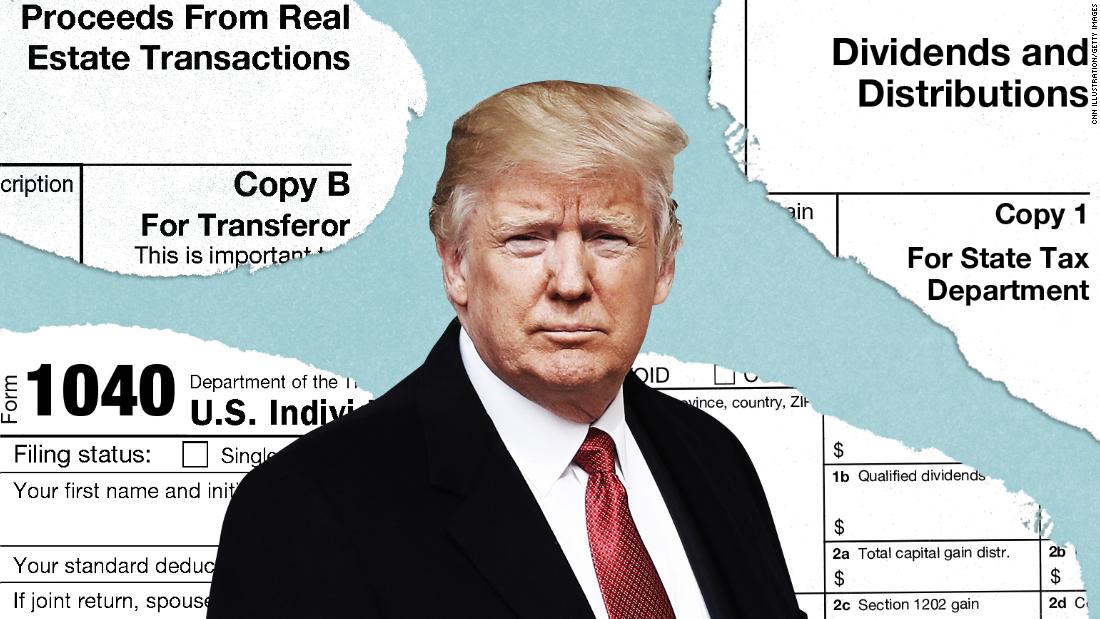Supreme Court just shut the door on seeing Trump’s taxes before the election, which, in his book, is a win
Politically, however, Thursday was a pretty darn good day for Trump — as it cemented the fact that the public isn’t going to get a look at his tax returns before the November election. The court rejected the US House’s attempt to get a look at Trump taxes, which would have ensured they would have leaked publicly and, even in the case of the New York grand jury, the court remanded it back to a lower court — meaning that Trump isn’t giving his financial records to anyone just yet.
If that seems counterintuitive, it’s largely because of the complicated nature of the two cases that the court ruled on Thursday. The cases were similar, but not the same. And they carried differing stakes for Trump.
In the New York case — Trump v. Vance — the subpoena of the President’s tax returns was specifically regarding an ongoing grand jury investigation looking into whether Trump or the Trump Organization violated state laws in connection with hush money payments made to two women (Karen McDougal and Stormy Daniels) during the run-up to the 2016 election. Both women alleged that Trump had conducted extramarital affairs with them. The investigation has also looked into whether business records filed with the state were falsified and if any tax laws were violated, CNN has reported. The Court ruled that Trump was not covered by presidential immunity, and therefore, had to turn over the subpoenaed documents — although they remanded the case, meaning that the turn-over won’t happen immediately. And even if Manhattan District Attorney Cyrus Vance does eventually get the tax records, which now seems very likely, it will be in the context of a grand jury investigation. And it’s a very big no-no to leak grand jury evidence.
In the Congress case — Trump v. Mazars — the issue was whether members of Congress had the right to see Trump’s taxes and financial documents in pursuit of an investigation into whether conflict-of-interest and disclosure laws needed to be amended or updated. Had the Court ruled in favor of Congress, the details of Trump’s financial history would have definitely been made public — since Congress leaking things is, um, a practice as old as time itself.
So, what the Court did is make it very likely that a grand jury may, at some point, see Trump’s tax history. And that Congress won’t — at least no time soon.
Add it all up then and that’s a very good thing for Trump, who has fought tooth-and-nail for years not to let the public see any details of his past financial life.
It, of course, wasn’t always this way.
But sometime between late January and mid-February 2016 — the space of just a few weeks — Trump had begun to change course.
“You don’t learn anything from a tax return,” he said at a GOP debate in February 2016. “I will say this. Mitt Romney looked like a fool when he delayed and delayed and delayed and Harry Reid baited him and Mitt Romney didn’t file until a month and a half before the election and it cost him bigly. … As far as my return, I want to file it except for many years, I’ve been audited every year. Twelve years or something like that. Every year they audit me, audit me, audit me. … I will absolutely give my return but I’m being audited now for two or three [years’ worth] now so I can’t.”

THE POINT — NOW ON YOUTUBE!
In each episode of his weekly YouTube show, Chris Cillizza will delve a little deeper into the surreal world of politics. Click to subscribe!
And that was it. Trump has spent the last several years insisting that he can’t release his taxes because he is under audit by the IRS. (Call the Guinness Book of World Records because this has to be the longest audit on record!).
Of course, there is no law that bars Trump from releasing his returns. In fact, there is precedent for a president — say that 10 times fast! — to do so. Seeking to knock down the idea that he was a crook, Richard Nixon released his tax returns, while in office, in 1973. So it’s not that Trump can’t release his returns under audit. It’s that he doesn’t want to.
(The other main reason offered by Trump’s allies for his refusal to turn over his returns is that no one cares to see them. The most outspoken advocate of this position is White House counselor Kellyanne Conway. “We litigated this all through the election. People didn’t care,” she said way back in early 2017. “They voted for him, and let me make this very clear: Most Americans are very focused on what their tax returns will look like while President Trump is in office, not what his look like.”)
Regardless of the reasons, Trump badly wants to keep them from the public — ideally forever, but practically speaking, until after the election. And the Supreme Court on Thursday virtually ensured that Trump gets that wish. Which, in his book, is a win.
![]()


